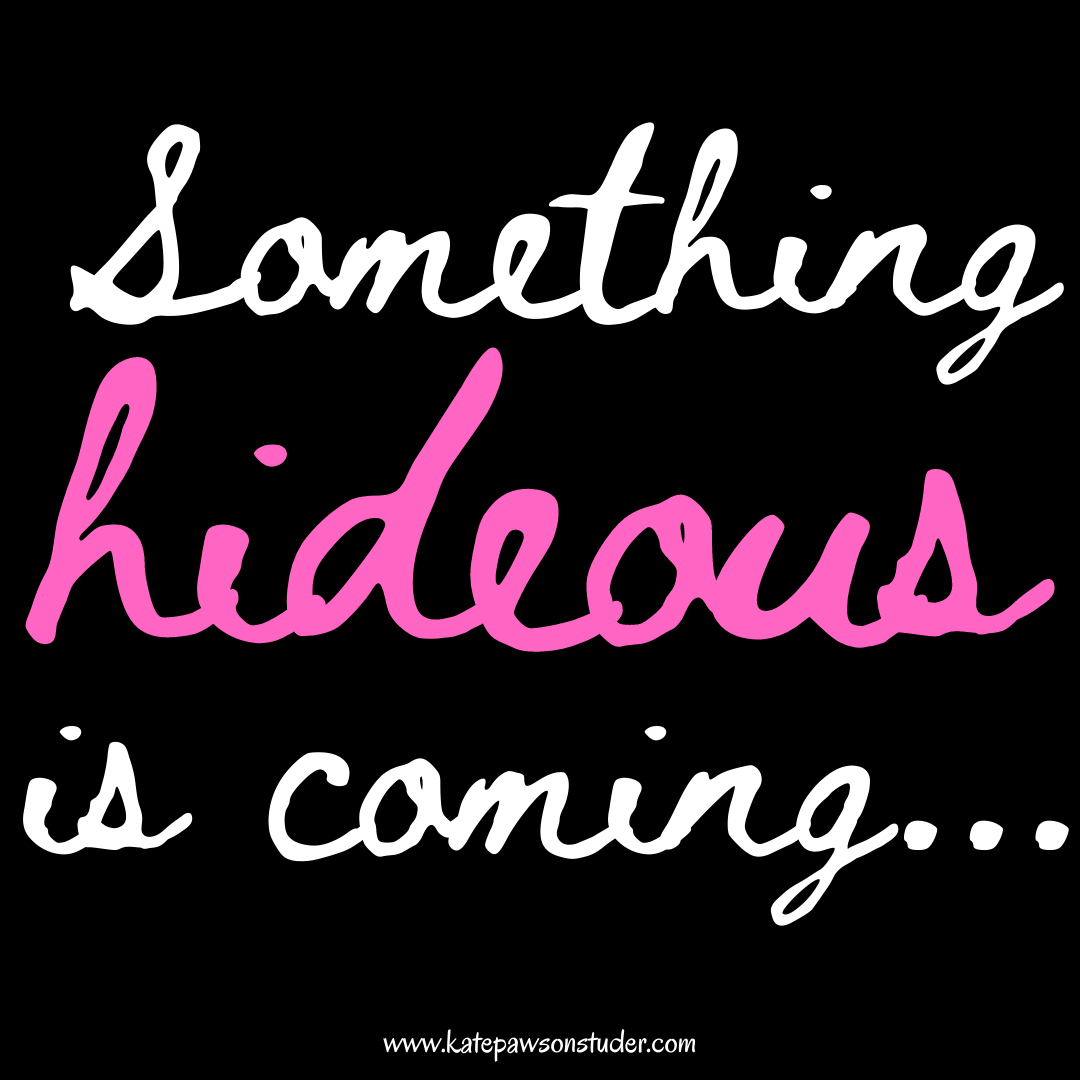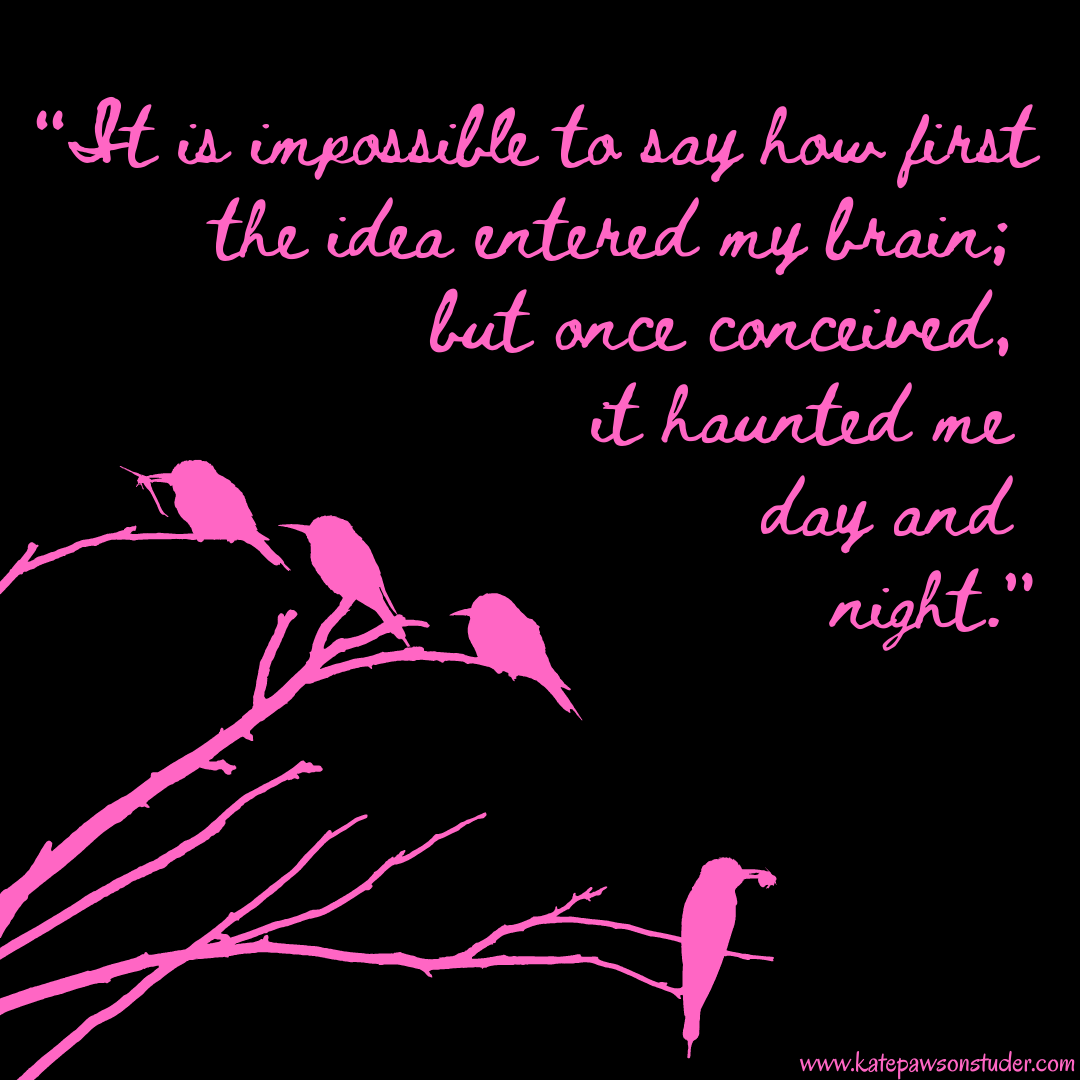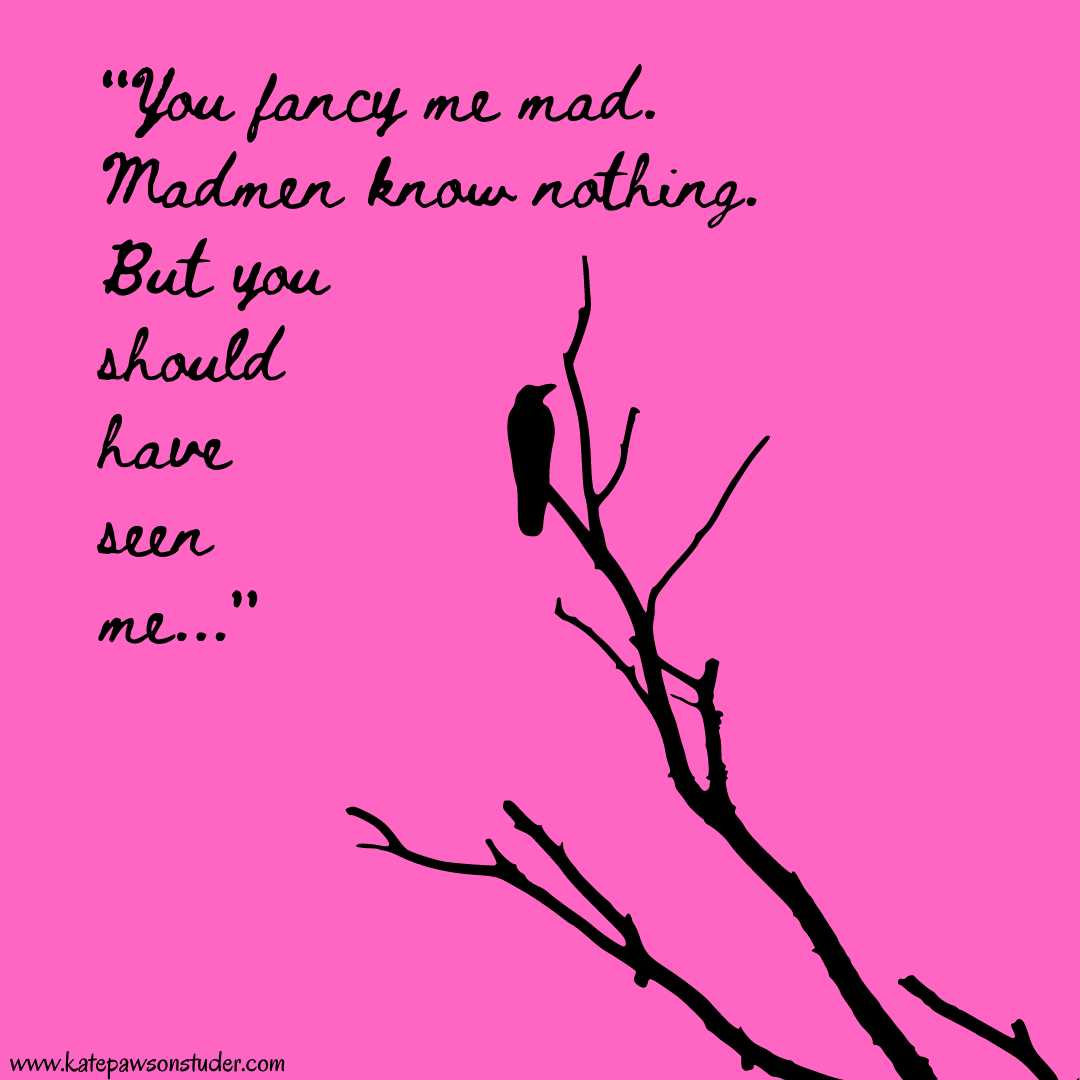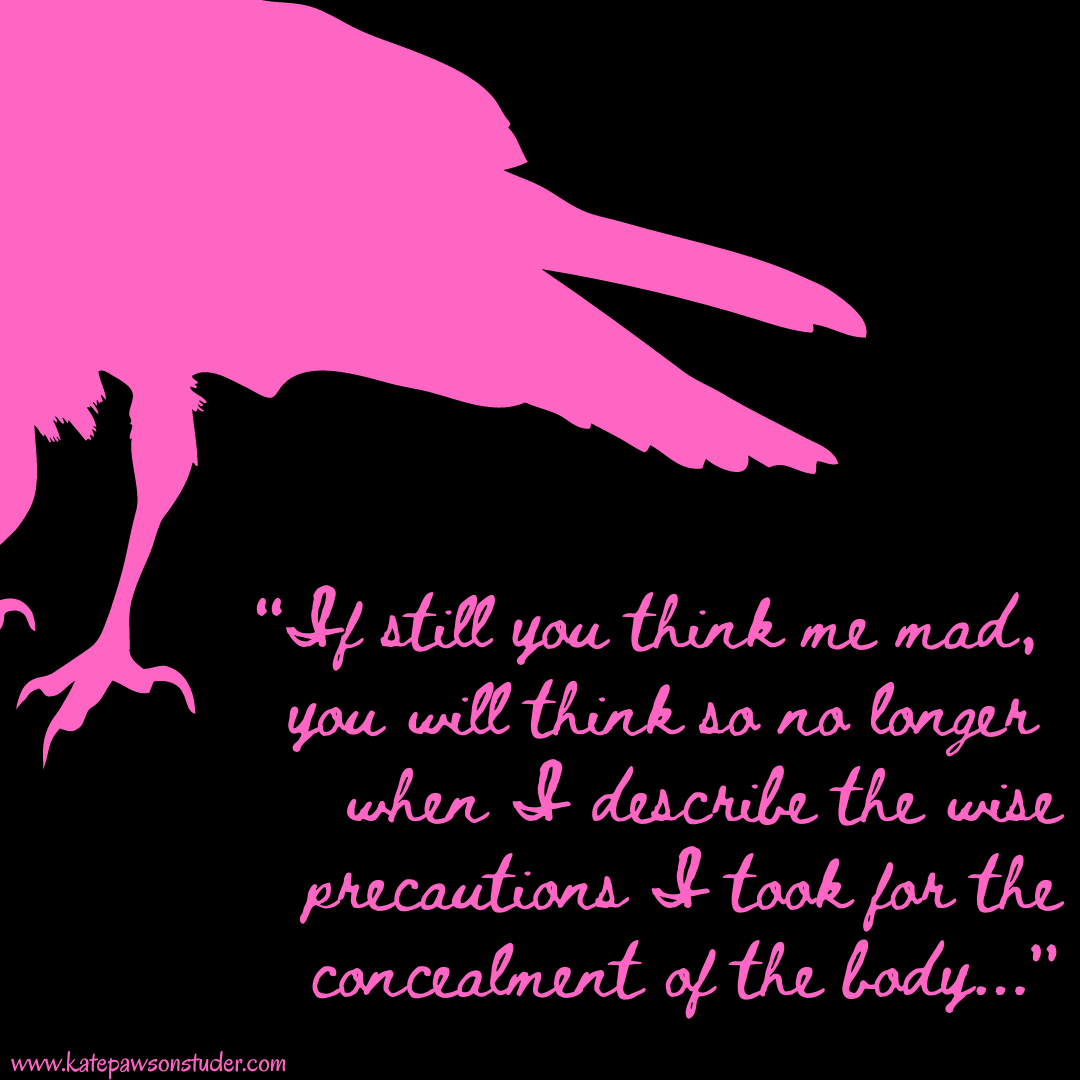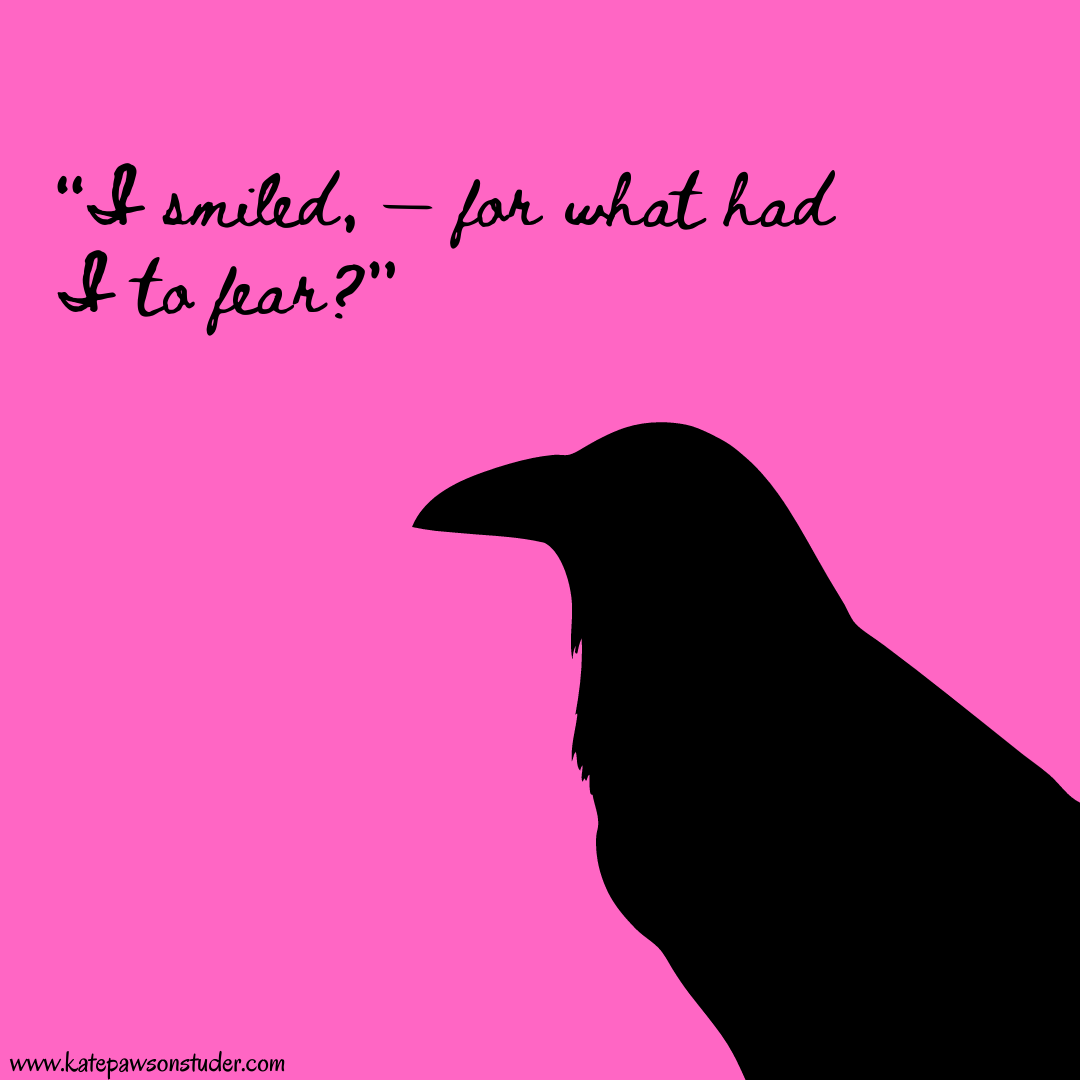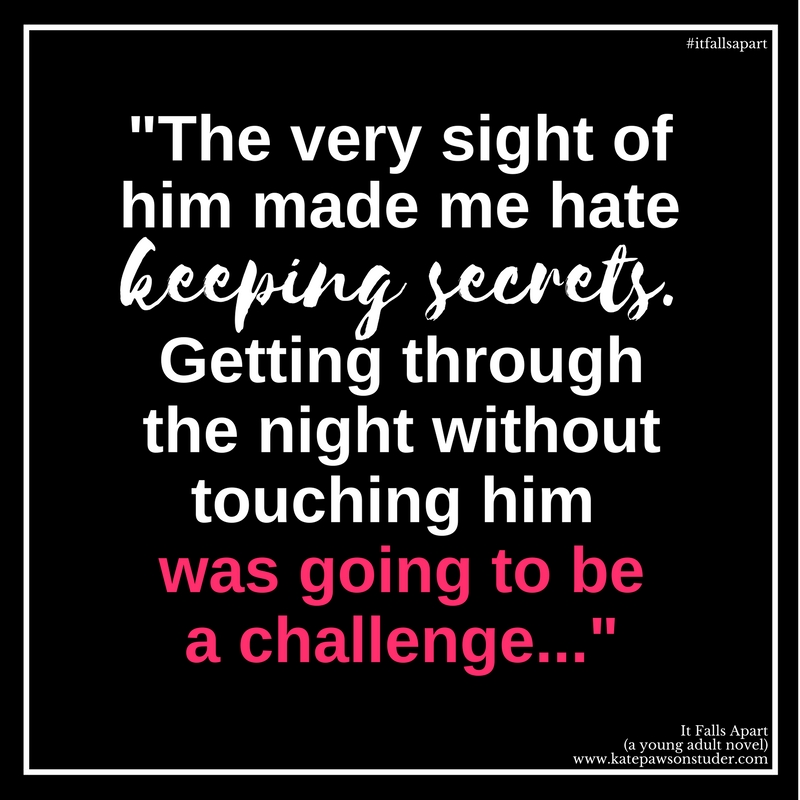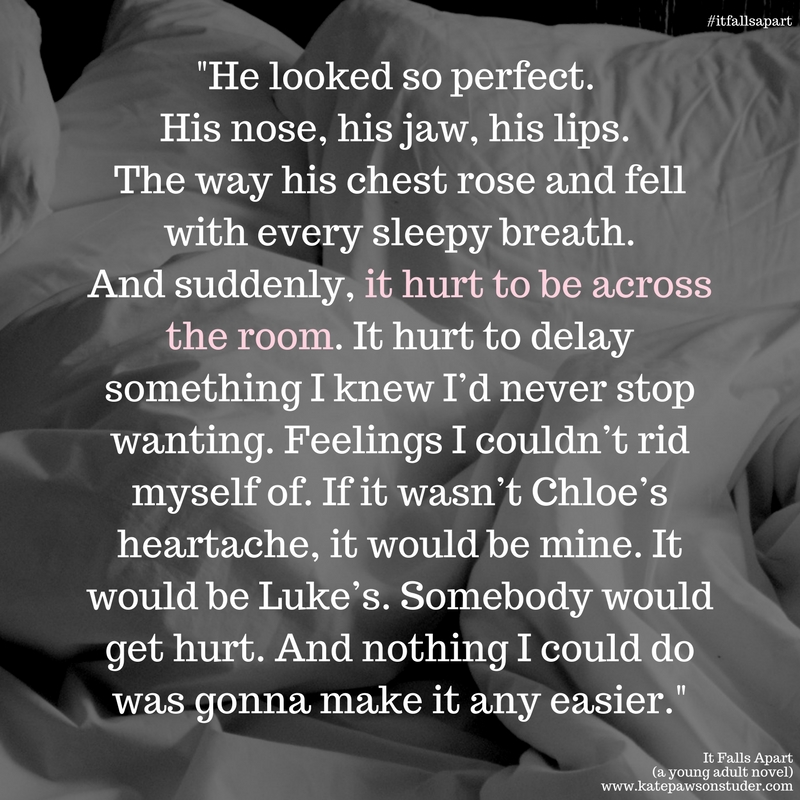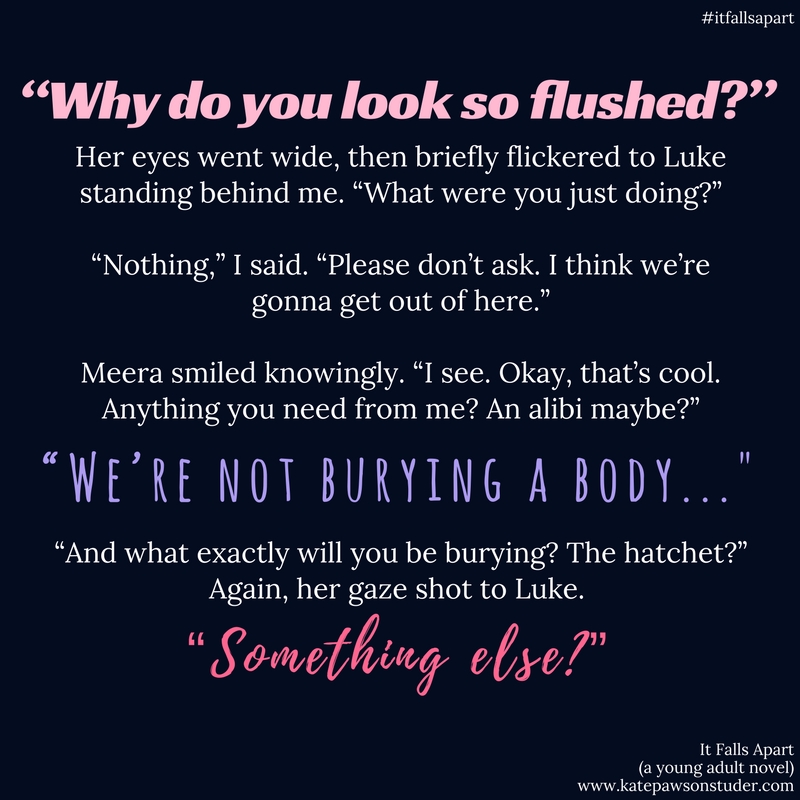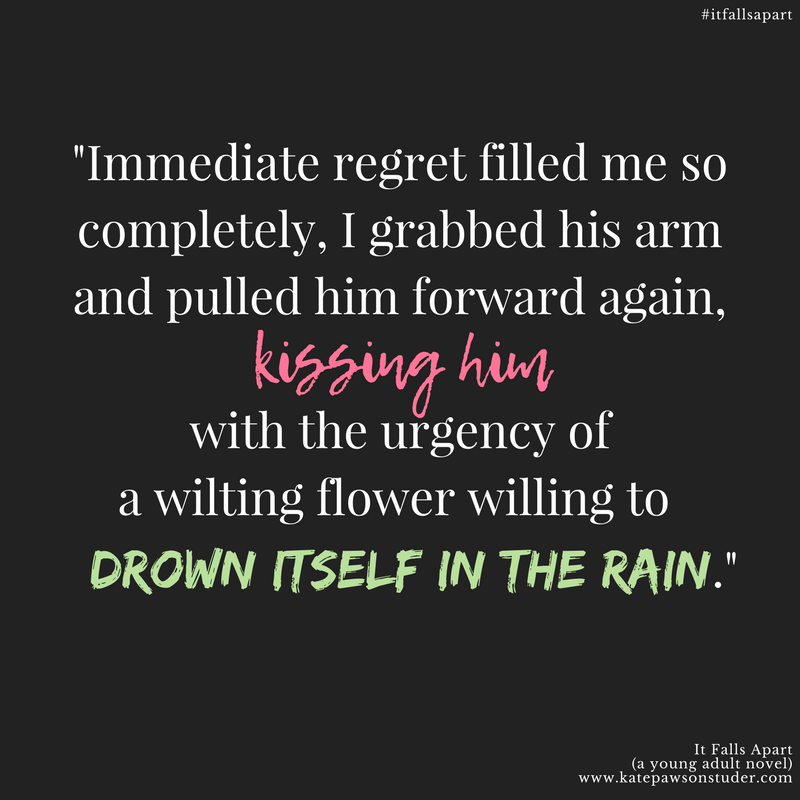the writer's arsenal: bookmark these now, thank me later
/
I've talked a lot about the importance of getting yourself organized when you're setting out to write a book and today I want to give a shoutout to the top five tools I personally use and have come to rely on during my writing process (all of which I'm recommending of my own free will--no product placements here, folks!).
1. TRELLO
Oh, Trello. There are days when I still can't believe you're real. I've tried a lot--A LOT--of different outlining tools over the years. I don't think I could ever possibly list them all. But none have met my needs the way Trello has. It allows you to create these things called Trello boards, which are basically giant bulletin boards where you can pin cards under different columns. I used to only use it for laying out chapter breakdowns, but now I use it for everything. Cause why not? It's so much easier when you have everything you need in one place. I create a board for each book I'm working on, then within the board, I create character lists, chapter breakdowns, a place for snippets of text (cause sometimes you think of perfect dialogue before you've written a scene), and any other things I need to keep handy (locations, facts, timelines, continuity checks, etc). I also use it for new book ideas, marketing ideas, home renovation projects (yes, that is unrelated, but that's just how diverse this tool is! I can even share the home reno stuff with the husband so we can collab on it together!)
Here's a pared down sample of what my story boards look like:

So yeah, it's awesome. Plus, once you set up an account, you can use it via your web browser, your phone, or your tablet (it's even on Kindle!) and everything syncs seamlessly. Oh, and it's free! They do have a paid service called Trello Gold, which I'm sure is a really powerful tool for businesses that require lots of people to collaborate on massive projects, but for writers who want a space to map out their thoughts, the free version is all you need.
2. WERDSMITH
I'm not using Werdsmith as much these days now that I've migrated almost everything to Trello, but sometimes I still want a space where I can do some writing on the fly. For me, Werdsmith has risen above the rest when it comes to writing apps because it's clean, simple, and it works. I can write something on my iPhone while out shopping (cause sometimes you think of brilliant plot twists in the middle of the cereal aisle) and it's there on my iPad when I get home. A few extras that put this app above the rest include word count goals and an idea-to-project-based structure that makes Werdsmith a good place to brainstorm and then run with your brilliance when you're ready.
3. MULTCLOUD
Don't even try to tell me you don't use more than one cloud service. I know you do. We all do. Sometimes because it's forced upon us (Google, Apple, etc) and sometimes because we want to stick to the free version of each and then run out of space. And that's not even to mention that some cloud services just plain old function differently than others, and meet certain needs better than others. If that sounds even remotely familiar than you should probably start using Multcloud, an online tool that lets you manage most of your cloud services in one place. Need to move files from one cloud to another? Multcloud makes that super easy. Want to backup your novel to more than once location? Save it to one of your cloud services and then easily drop copies anywhere you want to keep a backup.
4. RAINY CAFE
There isn't much to say about this website beyond the fact that it provides really good creative white noise. Do you enjoy working to the dull roar of a busy coffee house? Are you inspired by the sound of rain and gentle thunder? Rainy Cafe provides either (or both at the same time!). If you, like me, concentrate better with a little something to block out your actual environment (and find music only helps when you're writing certain scenes), then Rainy Cafe is probably the answer to your concentration woes. Check it out.
5. TRESORIT
Yes, I know I've already covered cloud storage with my shoutout to Multcloud, but I have to give an honourable mention to Tresorit, which I've mentioned before, because unlike the cloud services you can sync with Multcloud, Tresorit is super secure cloud storage done right. I like to keep anything I consider to be highly sensitive material in Tresorit, including an extra backup of each of my novels. It has fantastic encryption and is perfect for those files you really want to lock up tight. Just don't forget your password. Just kidding. I think there's way to deal with that... I think.
So there they are--my top five writing tools! Do you have any specific tools/resources you've come to depend on during your writing (or working) process? I'd love to hear about them in the comments!







